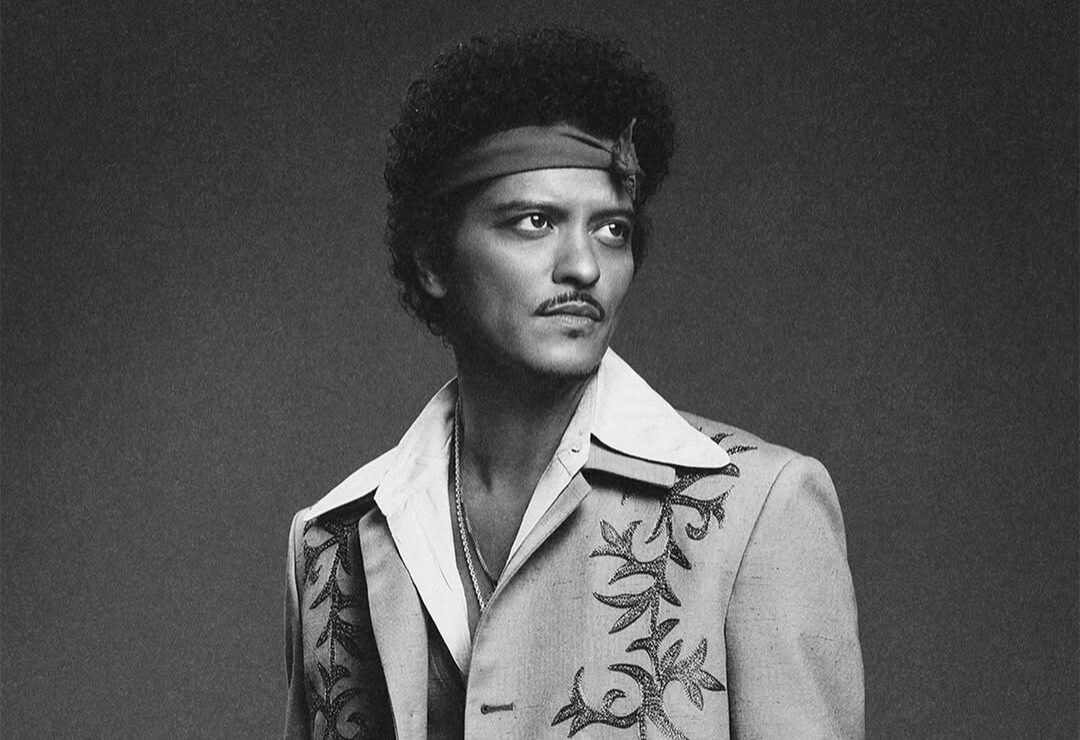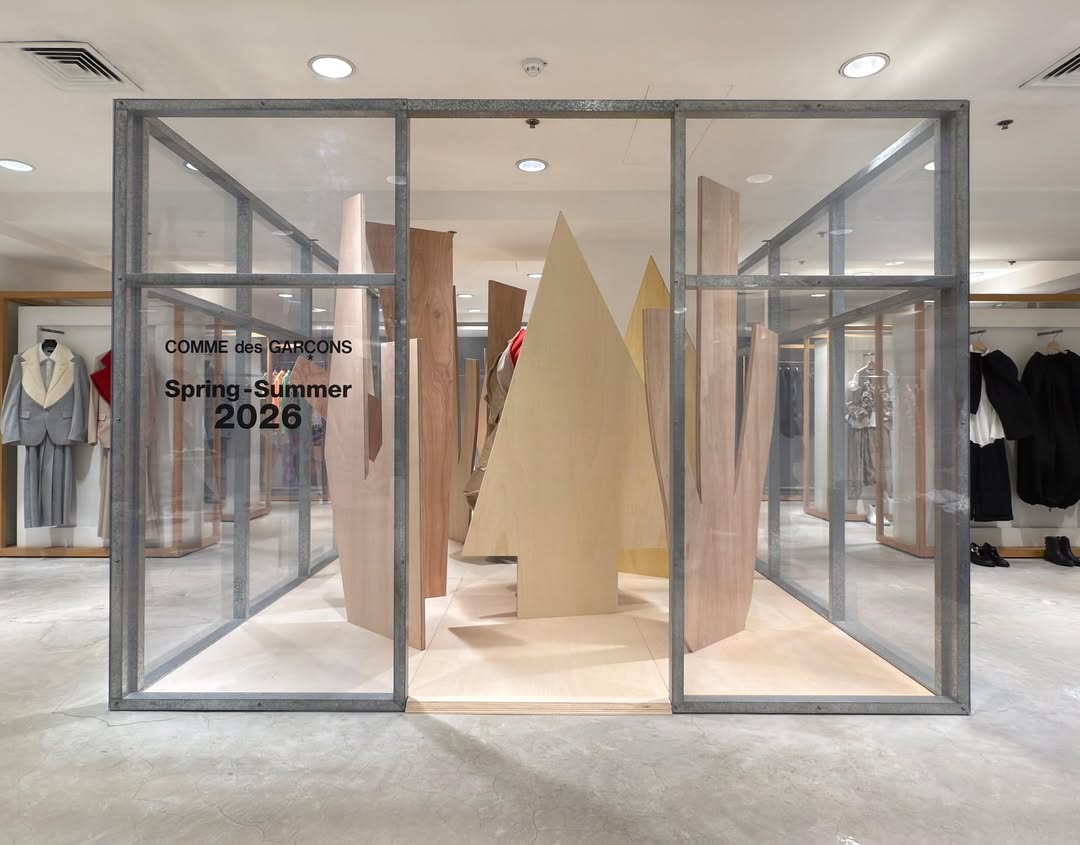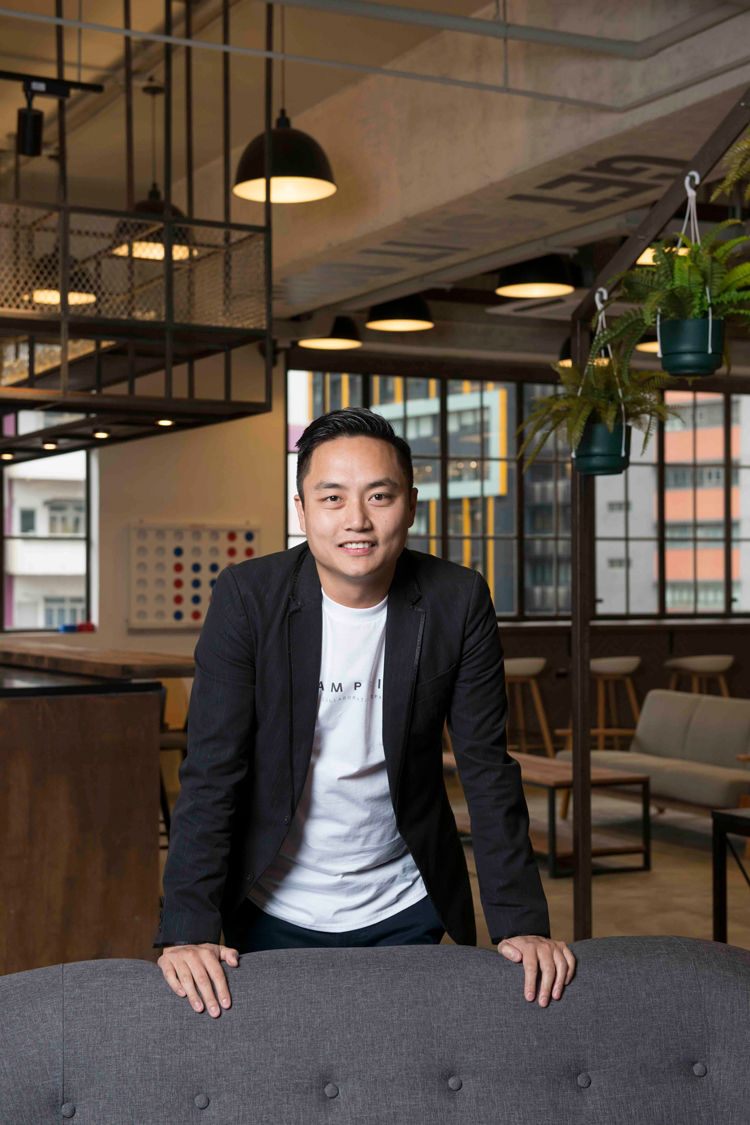
Millennials are all about sharing. We don’t need our own hotel rooms, AirBnb will do. Keep your cable, we’d rather share a Netflix account. Cars? Who needs them, we prefer Uber, thanks. It’s just how we do things now, and the real estate industry is catching on with the introduction of co-working spaces.
The premise of co-working spaces, if you’ve somehow missed the last 10 years, is simple. Multiple people and companies rent out space in a communal building, often enjoying premise ‘perks’ like a discounted café, bar or outdoor terrace. There are usually a small number of office-like spaces available to rent, a great option for young startups, and a variety of open-seating for people to hot desk at. There’s WiFi, printers, and generally everything a traditional office would have – you’re just sharing it all with a number of other businesses.
If this sounds weird to you, you probably haven’t been to a co-working space, or should we say, the right co-working space. Namely: Campfire Collaborative Spaces. Asia’s fastest growing network of shared spaces, they started with industry focused co-working locations which quickly become popular because of their unbeatable networking opportunities. Campfire encourages members to connect, create and collaborate through frequently held industry-specific facilities, events and more. They currently have six locations in Hong Kong, one in London and are soon expanding to Australia and Singapore.
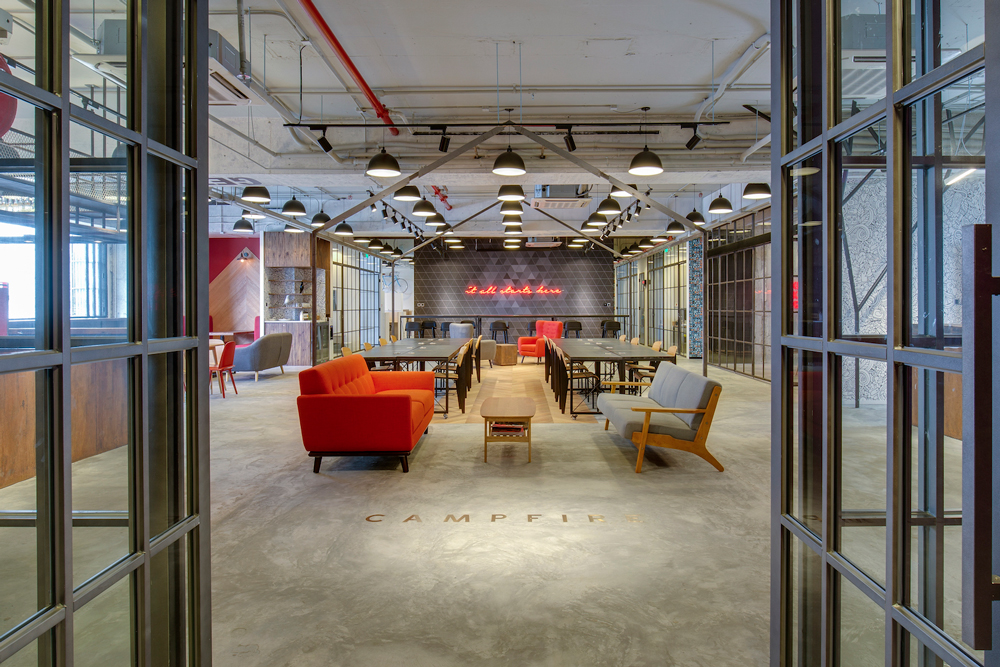
To find out a bit more, we met with Co-Founder and CEO Wang Tse at the Wong Chuk Hang space, which is geared towards media and fashion pros. It comes complete with cafe, catwalk, sound studio, photography studio, test kitchen (which you got a sneak peak of during our two Convenience Store Challenge videos with Chris Grare and Paddy McDermott). After grabbing a quick matcha latte and cuddle with the office pooch Mr. Cooper, we started our chat.
Wang is sincere and open – exactly the type of entrepreneur that you’d expect to create a company like Campfire Collaborative Spaces. Born in Hong Kong, but mostly raised in Australia, he seems to embody the best of both worlds: Hong Kong’s drive and Australia’s calm. He and his two other co-founders are each second-generation real estate families. They met through their jobs a few years ago and simply clicked. “We come from families with the same kind of values and beliefs. We’ve always been very passionate, and it’s always been our bread and butter to do real estate. Being in this day and age, we’re also into technology – so the opportunity to do prop-tech, mash the two together, was a no-brainer for us.”
The only resemblance Wang has to a traditional entrepreneur is his success. He describes himself as a “naughty” student, who didn’t exactly excel in school. The best thing he got from his university degree was the ability to work in a group, “something most people can just learn through work experience”, he tells me with a laugh. And, perhaps most notably, his heart is in the right place. For Wang, quality real estate can contribute to the well-being of a community, not just the wealth of the landlords. “Had you been here last year, when there was no Campfire, the community and the value were completely different. It took us six months to fill our space, but for the first three months we had no MTR. So, we came here early because we’re strong believers in Wung Chuk Hang.” For him, these endeavours aren’t just about money, they’re about building communities in Hong Kong and growing the city as a whole. See for yourself with our interview below.
What inspired you to create Campfire Collaborative Spaces?
Co-working and co-living spaces are a great way to express ourselves and innovate in real estate, with co-working, co-living and co-education spaces.
Why did Hong Kong need another co-working space, isn’t the market saturated?
We just wanted to do it, honestly! It’s a hot topic and there are really divided opinions: it’s saturated, it’s just the beginning… whatever. The way we see it, it’s a booming industry and it’s here to say. We see the need for shared spaces in real estate, it helps everyone: landlord, user, tenant, everyone. And with the industry growing at the pace it is, there’s so much room to innovate. By making our spaces customised to the industry, we’ve created another segment in this area.
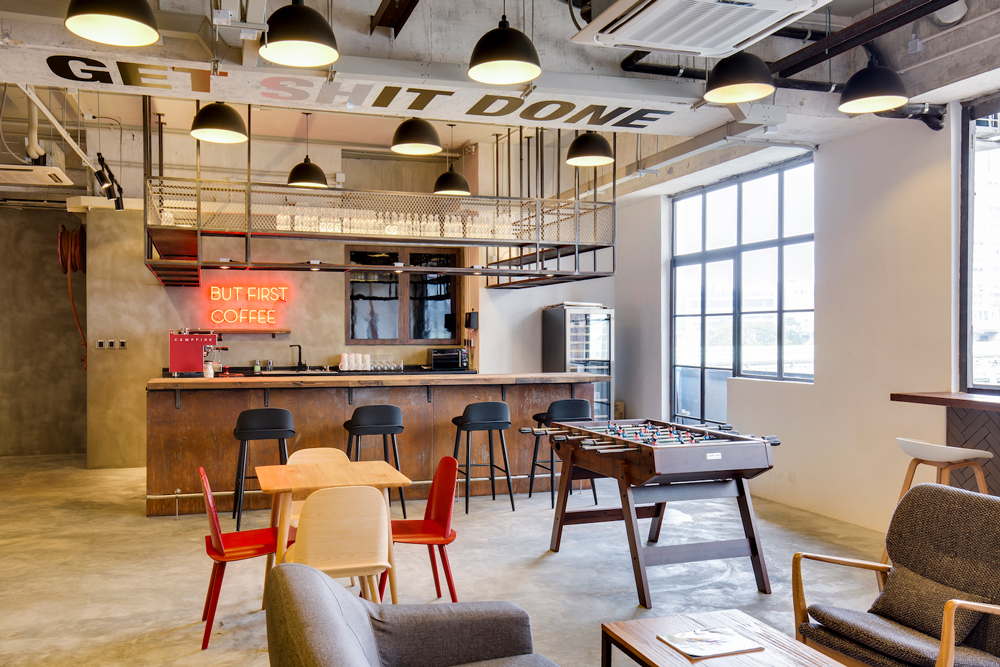
What are you guys doing that’s different to the competition?
It’s just the way we do it, especially our strategy on industry-specific spaces. We have a location just for fashion, one for media and marketing, a space for design and build. We’re also going into co-living.
Can you tell us a bit more about the co-living spaces?
It’s an old hotel we’ve converted into a co-living space, each with its own toilet—I don’t think the world is ready for communal toilet. They’re small rooms, but there’s 5000 square feet of co-living space. There’s a demographic focus here, the people that you live with are the people that you want to hang out with. We’ll run a lot of events, so it’s one whole big platform.
You also mentioned something about education, how is Campfire going to extend into that field?
We do early childhood and are trying to build schools around Hong Kong. We have kindergartens and projects in the pipeline to do primary and secondary schools for kids in the city. Just like here at Campfire Collaborative Spaces, where a portion of our hot desks are for social initiatives, when we have our schools, a portion of our enrolment will be dedicated to that as well. It’s something our family and our business partners are into.
You’ve just started working with Po Leung Kuk, right?
This is something we’ve been working really hard on. We like to blur the lines. So for them, they can host their events here, and we’re giving them a percentage of our hot desks to use. For the underprivileged, it’s not always so important for them to go to university and college, but sometimes it’s just about exposure, and the opportunity to get close to entrepreneurship. Going to events, meeting people from different industries, being in this environment – I think they can get a lot out of that. One of the things we stand for is we work hard to build a community. You’re not here for an offer, you’re here for the people. You don’t get that at a lot of places.
What’s the benefit of working in a place like Campfire Collaborative Spaces?
It’s about addressing the general well-being of a worker. No one wants to work in cubicles anymore. Here at Campfire, we’re working on ways to increase productivity too through our tech platforms. We’re building an app, so we can bring everything we do and offer offline, online.
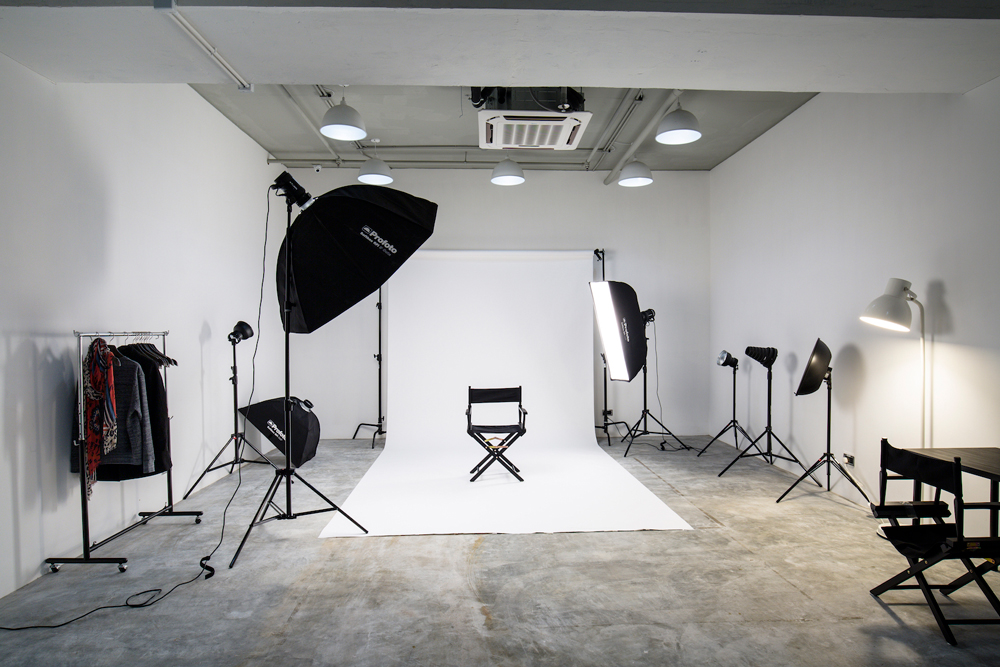
You already have a presence in Hong Kong and the United Kingdom, but you’re soon expanding into Singapore and Australia. Why did you decide on these particular markets?
They’re all gateway cities, financial hubs and business hubs Australia is a great market for different industries and many of them want access to Asia as well. Having bridges between these spaces is part of our strategic plan.
What would you say is the difference between a Hong Kong business, and one from another country?
The entrepreneurial spirit in Hong Kong is different, it’s one of a kind. It’s the Hong Kong hustle— no one hustles like us! If you really tried, you could make five connections a day here, but in other countries you can’t. Everyone here is willing to have a go, and that’s part of the reason why we started this business. There is a lot of opportunity in Hong Kong and people don’t realise it. If we can somehow influence and help people build their businesses and realise the opportunities available here, we’ll be really happy.
As an entrepreneur, what is the best advice you’ve been given?
When you hit a wall, you’re about to break through. I believe that – being persistent is the most important thing. Also, always play like you’re second best. Never be over confident, never be complacent and stay humble.
Find out more about Campfire Collaborative Spaces at www.campfire.work




